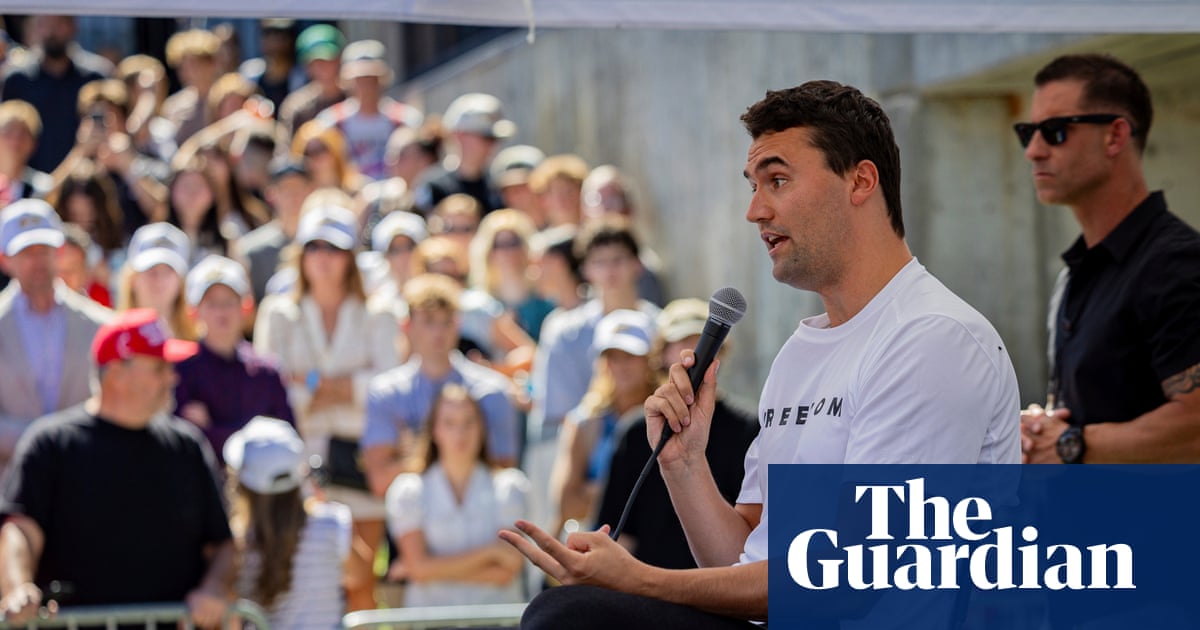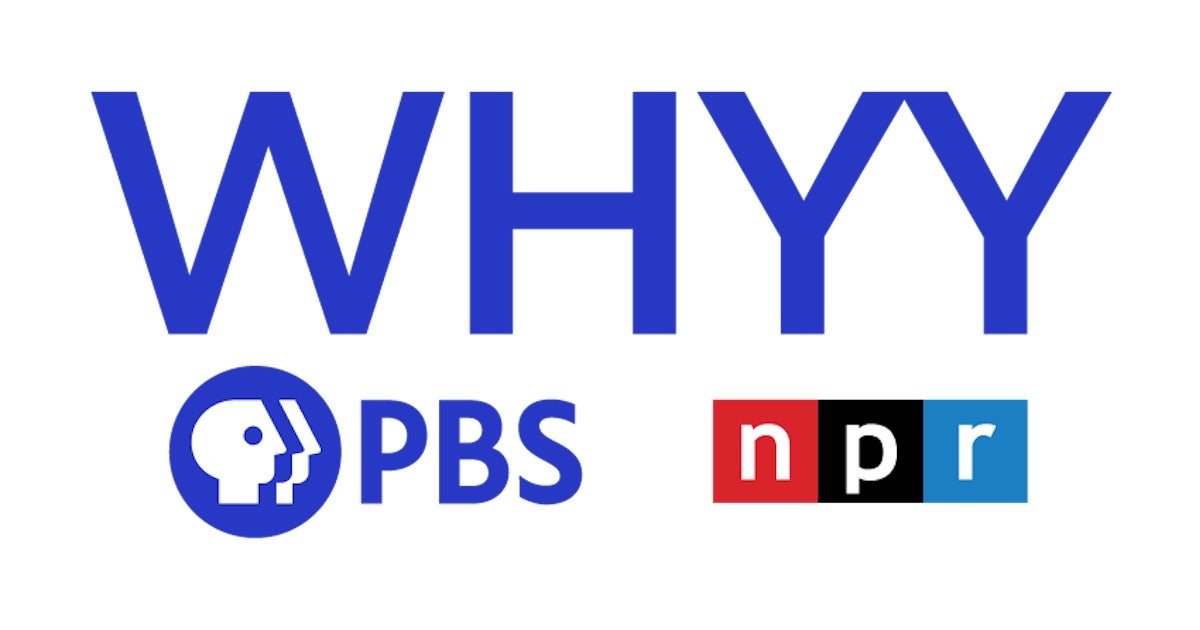Overview:
Haiti’s transitional government, led by Prime Minister Alix Didier Fils-Aimé, supports the United States’ proposed plan to replace the Kenya-led Multinational Security Support Mission (MSS) with a 5,500-member Gang Suppression Force (GSF). During a video conference with the United Nations Security Council on Tuesday, Fils-Aimé said transforming the MSS into a UN strategic force capable of conducting intensive and targeted operations against armed gangs is the best way to address the shortcomings of the Kenya-led forces.
PORT-AU-PRINCE — The Haitian government on Tuesday threw its full support behind a United States-proposed resolution at the United Nations to transform the faltering Multinational Security Support Mission (MSS) into a new Gang Suppression Force (GSF) with 5,500 members and a permanent support office in Port-au-Prince to coordinate logistics and operations.
The endorsement came from Prime Minister Alix Didier Fils-Aimé, who addressed the UN Security Council via video conference. He said the GSF, designed with a stronger mandate and logistical backing, is essential to confront gangs that now dominate most of Port-au-Prince and many provincial towns.
“I affirmed the Haitian government’s resolute support for transforming the Multinational Security Support Mission into a strategic force capable of carrying out intensive and targeted operations against armed groups that threaten our country,” Fils-Aimé said in a statement later posted on X.
The prime minister added that security is the foundation for Haiti’s broader recovery. “Security remains essential to consolidate institutional foundations, revive the economy, and ensure credible, free, and transparent elections,” he said.
Fils-Aimé conceded that Haiti seeks a stronger, UN-led force following the MSS shortcomings.
The UN-authorized Kenya-led mission, deployed in June 2024, has struggled with limited manpower, chronic funding shortages and inadequate equipment. The mission relied on voluntary contributions and failed to raise the $600 million projected for its operations.
Gangs have destroyed several of its armored vehicles, and at least three Kenyan officers were killed in clashes in the Artibonite region. Despite its presence, no major gang leaders have been arrested and gang-held territories remain largely unreclaimed, fueling frustration among Haitians who hoped the mission would ease violence.
UN Secretary-General António Guterres has also acknowledged the MSS’ limitations, urging the creation of a UN support office to oversee logistics, coordinate financing and sustain long-term operations.
Haitian authorities say the new U.S.-Panama-backed plan responds to those concerns by pairing the GSF with dedicated UN logistical and financial oversight, including drones, fuel management and transport systems.
Escalating crisis fuels urgency as US diplomatic push intensifies
Gang control now extends to more than 30 municipalities nationwide, including nearly 90% of the capital, according to UN figures. More than 1.3 million Haitians have been displaced, and widespread insecurity has shut down schools, disrupted commerce, and blocked humanitarian access. At least 243,000 children remain out of classrooms as the new academic year looms.
With elections overdue since 2021, Haitian leaders warn that the violence is undermining the country’s democratic prospects.
“This development, long awaited by the Haitian population, represents a decisive step to support state authority, protect communities, and contribute to national and regional stability,” the Haitian Prime Minister said.
“I affirmed the Haitian government’s resolute support for transforming the Multinational Security Support Mission into a strategic force capable of carrying out intensive and targeted operations against armed groups that threaten our country.”
Haitian PM Alix Didier Fils-Aimé
The Haitian endorsement comes as the United States ramps up lobbying across the hemisphere. On Sept. 5, Acting U.S. Permanent Representative to the Organization of American States (OAS) Lee Lipton met with the regional organization’s Secretary-General Albert Ramdin, calling for his “vital collaborator” in securing regional support.
On Sept. 8, U.S. Deputy Secretary of State Christopher Landau spoke with Trinidad and Tobago Prime Minister Kamla Persad-Bissessar to reaffirm the U.S.–Caribbean partnership. They discussed regional security, including arms and drug trafficking, and emphasized the need for a UN support office in Haiti to confront insecurity. At the same time, Washington is also working with Mexico to curb arms trafficking into Haiti, a major source of gangs’ growing firepower.
The U.S. diplomatic mission confirmed that at least 34 countries in the Americas support establishing the GSF and a UN support office in Haiti. On Tuesday, Sept. 9, these countries, alongside the U.S., signed a joint declaration backing the initiative.
“The OAS, CARICOM, and the UN must act swiftly and in full coordination to ensure coherence, legitimacy, and effectiveness. Haiti cannot wait—the time for urgent, united action is now,” the U.S. mission to the regional organization said in a recent statement.
Yet even as Haitian officials and U.S. diplomats rally support for the GSF, civil society voices in Haiti remain cautious — and in some cases openly critical.
Several people, who request anonymity due to safety reasons, have warned that another foreign-led force risks repeating the mistakes of past interventions. They argued that while gangs must be confronted, Haiti cannot outsource its sovereignty indefinitely. Most prefer to see a Haitian-led security framework supported by international partners, not dictated by them.
Other analysts point to Haiti’s history with international forces — from the U.S. occupation (1915–1934) to the controversial UN peacekeeping mission MINUSTAH (2004–2017) — as evidence that foreign deployments often leave behind unintended consequences, including abuses and long-term dependency.
As for the proposed GSF, the UN Security Council has not yet scheduled a vote, leaving Haiti’s crisis hanging in uncertainty and the future of the MSS unclear.
Kenyan President William Ruto, speaking on Sept. 7 at a CARICOM–African Union summit in Ethiopia, urged the UN to clarify whether Kenya’s contingent will be integrated into the new force or redeployed.
If approved, the GSF would mark the third major international intervention in Haiti since 1994. But unlike the UN’s previous peacekeeping missions, this force is being framed as narrowly targeted against gangs, with a support office to avoid funding shortfalls that crippled the MSS.
Like this:
Loading…







